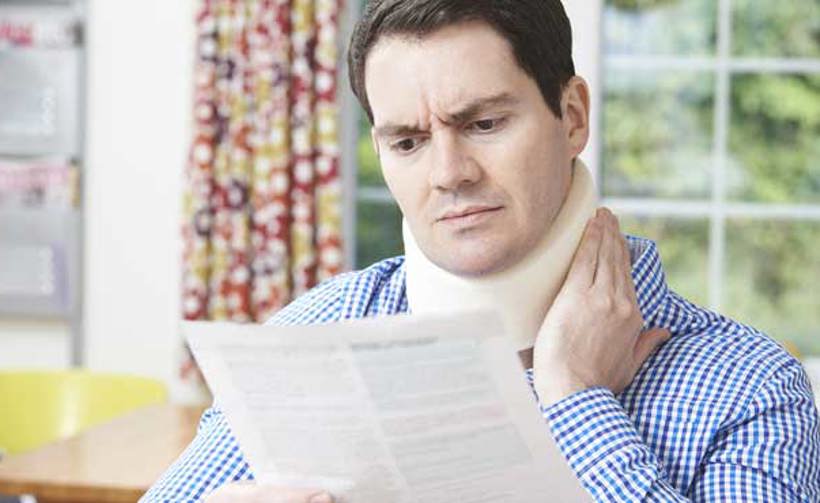
The Criminal Injuries Compensation Authority (“CICA”) exists to provide compensation to victims who have suffered injury and damage as the result of criminal acts of violence.
Normally, such an application for compensation must be made within 2 years of the crime being committed. A recently reported English decision (Y v First-tier Tribunal and CICA [2016] UKUT 202 (AAC) (25 April 2016)) however, concerned a young man, Y, born in 1987, who suffered from severe learning difficulties, developmental delay, a heart murmur, hearing and sight problems, lax joints, epilepsy and no sense of danger and he required to be cared for by his mother. He had been born as the result of the rape of his mother by her father amidst years of abuse, i.e. as a result of the crime of incest.
Y’s application for compensation was initially refused by the CICA, on the basis that Y had not been injured in a crime of violence and that his congenital condition was a result of the relationship between his parents and not of the assault itself. This decision was upheld on appeal by the First Tier Tribunal (Social Entitlement Chamber).
However, in an application for judicial review to the Upper Tribunal, Judge Levenson quashed the original decision and sent the application back to the CICA for reconsideration. He held that it was immaterial that, at the time of the crime of violence, that Y was not a “person”. What was material was that, at the time Y made his application for compensation, he was a legal person. As a result of the act of violence, Judge Levenson, found that Y had suffered injuries which he held were “sustained in, and are directly attributable to, a crime of violence”. It was accepted that he had been victim of a crime of violence and that his health conditions resulted from the incestuous relationship between his mother and her own father.
The 1996 case of Millar (Curator Bonis to AP) v CICB 1997 SLT 1180, decided by Lord Osborne in the Court of Session in Scotland, was considered. That case concerned a child with congenital difficulties, conceived and born as the result of the incestuous rape of her mother by her grandfather. In that case, Lord Osborne was concerned with the 1969 Criminal Injuries Compensation Scheme and also the common law. He held that AP should not recover compensation as it was not possible to assess and compare the pre- and post-injury states of AP and, therefore, the child’s condition could not be said to be a “personal injury”.
The Upper Tribunal in Y’s case, however, did not consider that it was bound by the Court of Session’s decision in Millar, heldthat the 2008 Criminal Injuries Compensation Scheme applied, found that there was no need to establish facts about a “pre-injured state”,and found that Y should be entitled to compensation.
As an aside, Y had a younger sibling, born of the same incestuous relationship, who was fit and healthy. As a consequence, the sibling was not deemed to have been injured in a crime of violence and would not be entitled to claim compensation.
Whereas, in the past, those suffering from genetic health problems as the result of the crime of incest were denied a right to claim Criminal Injuries Compensation, that obstacle now appears to have been removed.
If you have suffered personal injury as the result of any crime of violence and wish to claim compensation, please contact a member of our Litigation team.
Take the next step
- Call us on 0131 226 5151
